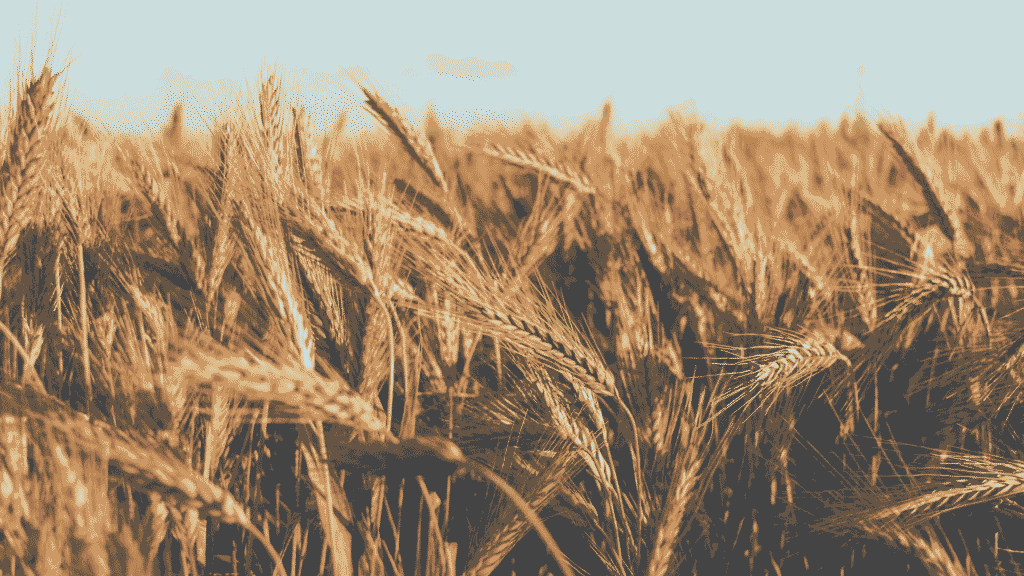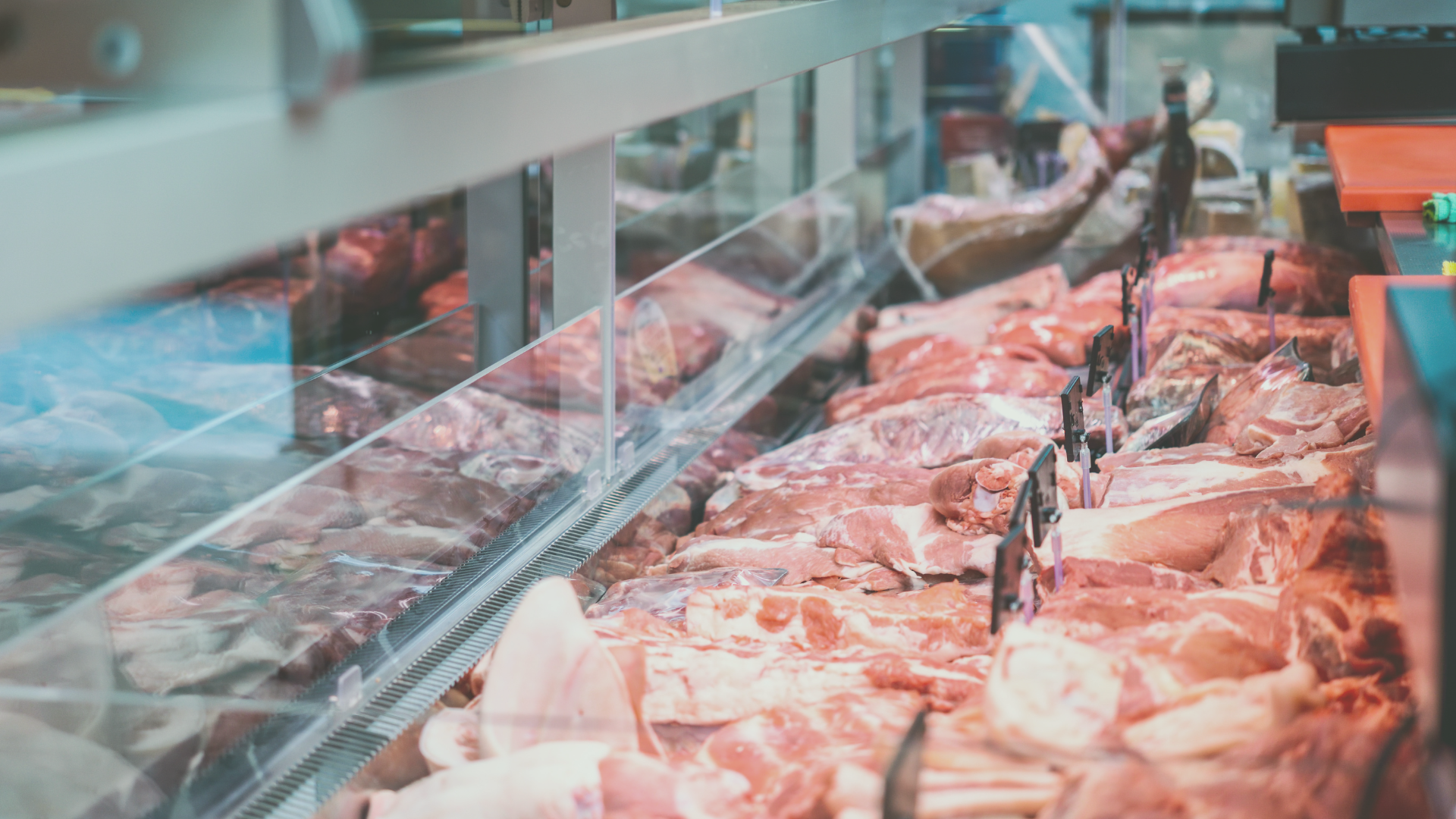
The Project
“Building resilience to shocks and disruptions: Creating sustainable and equitable local and regional food systems in the US Midwest and beyond.”
The Food Shocks Project
The Food Shocks Project is a comprehensive project aimed at enhancing the resilience and sustainability of food systems in the face of multiple shocks. Funded by the USDA and executed in collaboration with top-tier universities and research institutions, this project brings together a transdisciplinary team of leading scientists, educators, extension specialists, industry stakeholders, and community leaders.
OUR OBJECTIVES:
- Research: We are dedicated to advancing our understanding of how various shocks – from weather events to food borne pathogens – affect local and regional food systems. Our research aims to identify vulnerabilities within food supply chains, quantify the impacts of these shocks, and develop innovative solutions to mitigate their effects.
- Education: By integrating our research findings into curricula from elementary schools to universities, we aim to educate and empower the next generation. Our programs foster an early interest in how food systems work, equipping students with the knowledge and skills to lead future advancements in food security and sustainability.
- Extension: We translate our research into practical strategies that are implemented in local and regional communities, and that can be extended nationally and globally. Our extension efforts focus on disseminating knowledge and best practices to stakeholders, including farmers, supply chain managers, and policy makers, to enhance their ability to adapt to and recover from food system shocks.


THE PROBLEM
In today’s interconnected world, food systems face unprecedented challenges due to a variety of shocks, including climate irregularities, pandemics, and geopolitical conflicts. These shocks cause disruptions that threaten food security and nutritional equity, particularly among our most vulnerable populations. Local and regional food systems, essential for providing fresh and perishable foods, are especially susceptible to such shocks. Disruptions in these systems can lead to immediate and severe impacts on food availability and access, exacerbating issues of malnutrition and food insecurity.
The Food Shocks Project is designed to address these critical vulnerabilities. By understanding and enhancing the resilience of food systems, the Food Shocks Project aims to develop robust strategies that ensure stable food supplies and maintain nutritional security, even in the face of multiple (simultaneous and sequential) shocks. This work focuses not only on mitigating the immediate effects of these disruptions but also on strengthening the overall sustainability and adaptability of food systems to safeguard future food resources.
Research
Building Resilient Food Systems: A Comprehensive Research Approach
The Food Shock Project’s research delves into the complex interplay of factors affecting food system resiliency, particularly in response to multiple (simultaneous and/or sequential) shocks – ranging from weather events to food borne pathogens. The main objective is to:
Identify Vulnerabilities: Pinpoint critical vulnerabilities within local and regional food systems from production to consumption, emphasizing the dynamics of these vulnerabilities under different stress conditions.
Quantify Impacts: Measure the effects of various shocks on food production, distribution, and access, identifying how these impacts alter the nutritional intake and food security of consumers, particularly those in vulnerable populations.
Develop Mitigation Strategies: Create and evaluate effective strategies to reduce vulnerabilities and enhance the food system’s adaptive capacity, ensuring long-term resilience.
Our approach integrates advanced data collection, analysis, and modeling techniques:
Data-driven Insights: By combining unique geospatial and transportation datasets, we use big data techniques to better understand the current state and resilience of local and regional food systems.
Stakeholder Engagement: Through semi-structured interviews with stakeholders across five key food supply chains, we gather nuanced data and use qualitative analysis to create a deeper understanding of external influences and internal dynamics that affect vulnerability of these supply chains to shocks.
AI and Simulation Modeling: We are pioneering the use of of artificial intelligence and multiagent modeling to develop decision support systems that predict the outcomes of different shock scenarios and evaluate the effectiveness of alternative mitigation strategies in real time. These tools will assist food system managers and policy makers to make informed decisions quickly during crises.

Methodology
Education
Empowering Future Generations through Focused Educational Programs
Our educational initiatives are crafted to instill a deep understanding of food systems and their vulnerabilities, introducing students—from elementary levels to/through college—to the critical issues surrounding food shocks. By embedding the research-based concepts of supporting food resilience, nutritional security, and sustainable practices early in educational curricula, we aim to cultivate awareness, stimulate creativity, and foster innovation in agriculture and food systems management among the next generation of leaders.
Our Strategic Educational Design:


From elementary…
We develop engaging, story-like case studies and modules that present complex real-world problems of food shocks and system resilience. These are tailored to national educational standards and are designed to enhance problem-solving skills among young students. This early education in food systems is crucial for creating a foundation of knowledge and interest in sustainable practices and food security.
…to University
Our programs extend to college students, translating high-level research into accessible educational modules that prepare them for roles in managing and innovating within food systems. These courses incorporate the latest findings from our project’s objectives, equipping students with the tools they need to tackle future challenges in food resilience.
Higher Education:
Cultivating Advanced Knowledge and Leadership in Food System Resilience
The Food Shocks Project’s higher education initiatives are designed to prepare the next generation of decision-makers for challenges in food system resilience. By translating complex research findings into accessible educational content, we equip college students with the skills necessary to lead in the creation of sustainable and resilient food systems. These programs are particularly aimed at engaging students from diverse backgrounds and high-enrollment general education courses, ensuring inclusivity in addressing global food security issues.
Curriculum Design and Integration:
- Research to Classroom: We transform the cutting-edge research conducted under Objectives 1-6 into comprehensive learning modules. These modules cover critical topics such as systems thinking, the dynamics of food shocks, food and nutritional insecurity, and sustainable practices within food systems.
- Interdisciplinary Approach: Our curriculum is interdisciplinary, incorporating lessons on environmental impacts, supply chain vulnerabilities, and equitable food distribution. This approach ensures that students from a variety of academic backgrounds can engage with and contribute to solving food-related challenges.
Technology and Collaboration in Learning:
- Digital Platforms: Leveraging partnerships with academic consortia, we extend the reach of our educational programs through digital platforms that facilitate remote learning and access to a broader array of resources.
- Case Studies and Real-World Problems: We employ innovative teaching methods that include case studies depicting realistic and complex problems related to multiple shocks in food systems. These cases encourage students to apply critical reasoning and analytical skills to develop practical solutions that balance the varied needs and concerns of global stakeholders.
Professional Preparation and Career Pathways:
- Skill Development: Students engage in practical applications such as building IoT sensors, coding for data analysis, and assessing cybersecurity risks within the food industry, equipping them with highly marketable skills in today’s technology-driven job market.
- Career Exploration: Our programs not only prepare students for academic success but also open doors to careers in agriculture, food supply chain management, and sustainability sectors, fostering a knowledgeable workforce that is prepared to tackle future challenges in food security.
Outreach and Impact:
- Community Engagement: We actively involve students in community outreach programs that allow them to apply their learning in real-world settings, enhancing their understanding of the impacts of their work and fostering a commitment to public service and community improvement.
- Global Reach: Relationships with global academic networks amplify the impact of our educational programs, allowing students to understand and address food system challenges not only locally but also globally.
Early Education:
Igniting Curiousity and Building Resilience in Young Minds
- Introduction to Supply Chains in Education: Our educational programs aim to answer critical questions such as, “How do the foods I eat everyday make it from the farm to my fridge?” and more crucially, “How do we establish more resilience in our citizens when these supply chains are disrupted and nutritious food is scarce?” The answer lies in providing high-quality educational experiences that engage young students with the real-world issues affecting their daily lives.
- Hands-On Learning Through Technology: In partnership with Mavin Global and multiple K-12 school districts in Michigan, our project harnesses a novel technology platform to offer hands-on STEM learning experiences. These include food science, modern precision agriculture practices, and principles of supply chain management.
- Outcome and Impact: Through these immersive experiences, students develop a robust digital talent profile demonstrating competencies in understanding local food supplies and data analytics. This educational approach not only teaches students how to be more resilient in the face of food shocks but also opens up new pathways to careers and higher education opportunities in the food industry and beyond.
Extension
Strengthening Community and Industry with Research-Based Solutions
Our extension programs are focused on translating research into action by developing, testing, and deploying practical, research-based strategies directly to stakeholders. The core objective is to enhance the resilience of local and regional food systems by empowering farmers, supply chain stakeholders, and extension professionals with the knowledge and tools they need to mitigate the impacts of food system shocks.

Maximizing Impact
The Food Shocks Project’s extension programs have a number of methods for maximizing the impact of our findings in order to deliver them to stakeholders.
User-Friendly Curricula: We design and implement accessible educational resources that communicate complex research findings in a clear and practical manner. These resources include detailed guides, instructional videos, and digital content tailored to the needs of diverse agricultural communities.
Train-the-Trainer Workshops: To widen our reach and ensure sustainability, we conduct workshops for extension professionals. These sessions equip them with the skills and knowledge to train others within their communities, creating a ripple effect that enhances resilience across the food system.
Interactive Webinars: We host regular webinars that cover a range of topics from innovative farming techniques to crisis management during food shocks. These webinars provide real-time interaction and learning opportunities for stakeholders, facilitating immediate application of new strategies.
Pilot Community Programs: We deploy our curricula in three pilot communities, carefully evaluating the effectiveness of our strategies and making adjustments based on feedback. This approach allows us to create finely tuned extension programs that are directly informed by the experiences and needs of the communities they serve.
Collaboration with Local and Regional Partners: By collaborating with local governments, agricultural cooperatives, and educational institutions, we ensure that our extension efforts are deeply integrated with existing local systems, enhancing their effectiveness and sustainability.
Food Resiliency Fellowship Program
Join our team and become a leader in sustainable agriculture


